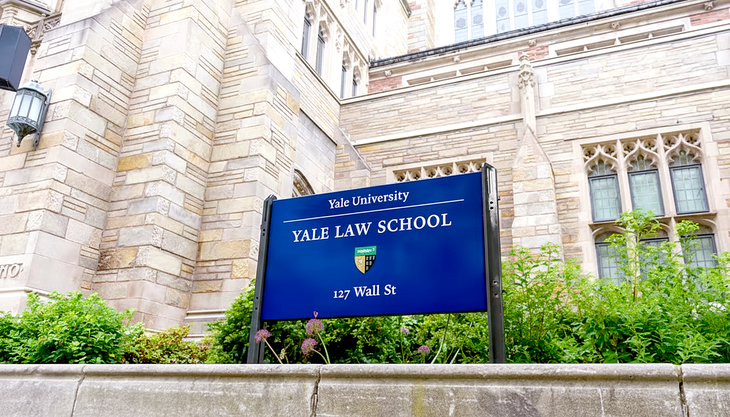
US Yale Law School is ready to accept a 5% drop in admissions after leaving the USNWR Ranking - Photo: CNN
From Yale to Harvard to the Sorbonne, more than 700 of the world's top educational institutions are boycotting university ranking systems - a sign of a revolution that is reshaping the value of education.
On September 16, the prestigious, nearly 800-year-old Sorbonne University in France officially announced its withdrawal from the THE (Times Higher Education) rankings.
Previously, since the end of 2022, 19 top US medical and law schools including Yale, Harvard, Columbia, Johns Hopkins have left the US News Ranking. Globally, the number of universities and research institutes leaving the rankings has reached more than 700.
Crisis after 20 years of domination
The trend of marketizing education flourished in the 2000s when universities in the UK and the US became financially autonomous and directed their education, according to a 2015 study by the University of West London. Supporting this trend was the emergence of international rankings to guide students' choices of where to study and investment in teaching and research.
The oldest ranking is ARWU, built by ShanghaiRanking Consultancy since 2003. Next is QS, co-founded by Times Higher Education and Quacquarelli Symonds in 2004, then THE was spun off by Times Higher Education in 2010.
There are now more than 20 global rankings, not to mention countless regional and industry standards. Despite being free to access, ranking organizations have created a multi-billion dollar industry, according to the Council on Higher Education CHE in March 2024.
To participate in the "ranking race", in addition to providing all annual performance data, schools must invest significantly to meet the criteria set by the rankings. This leads to dishonest races, according to Forbes.
For example, campaigns to encourage alumni to donate to increase their reputation index; reduce class sizes through coordinated tagging and correct reporting data; accept students with low test scores mid-year so as not to affect admission criteria...
On the ranking organization side, information from the school will be packaged into "reputation surveys" and sold back to organizations, governments , and corporations.
Typically, the QS rankings place the "reputation" criterion at more than 40% of the buyer's information needs.
In my opinion, the COVID-19 pandemic has been a turning point for the industry. It has changed the way academic communication is conducted, and the need to find reliable open source scientific information has increased dramatically.
But rankings indirectly go against the trend of popularizing education by linking standards to sources, forcing scientists to pay from several thousand to tens of thousands of dollars to publish articles on open sources, or forcing readers to pay to read articles. At the same time, the issue of scientific integrity is also receiving more attention.
Many studies in prestigious journals are being reviewed, causing their reputation to decline. Commercialization of scientific publication creates scientists who polish their names by paying to publish articles in ranked open sources.
In the wake of the crisis, the rankings industry has turned its attention to Africa and developing Asia, which it sees as a new market as it loses the appeal of prestigious institutions in the northern hemisphere, according to Professor Sioux McKenna (Rhodes University, South Africa).
The revolution redefines value
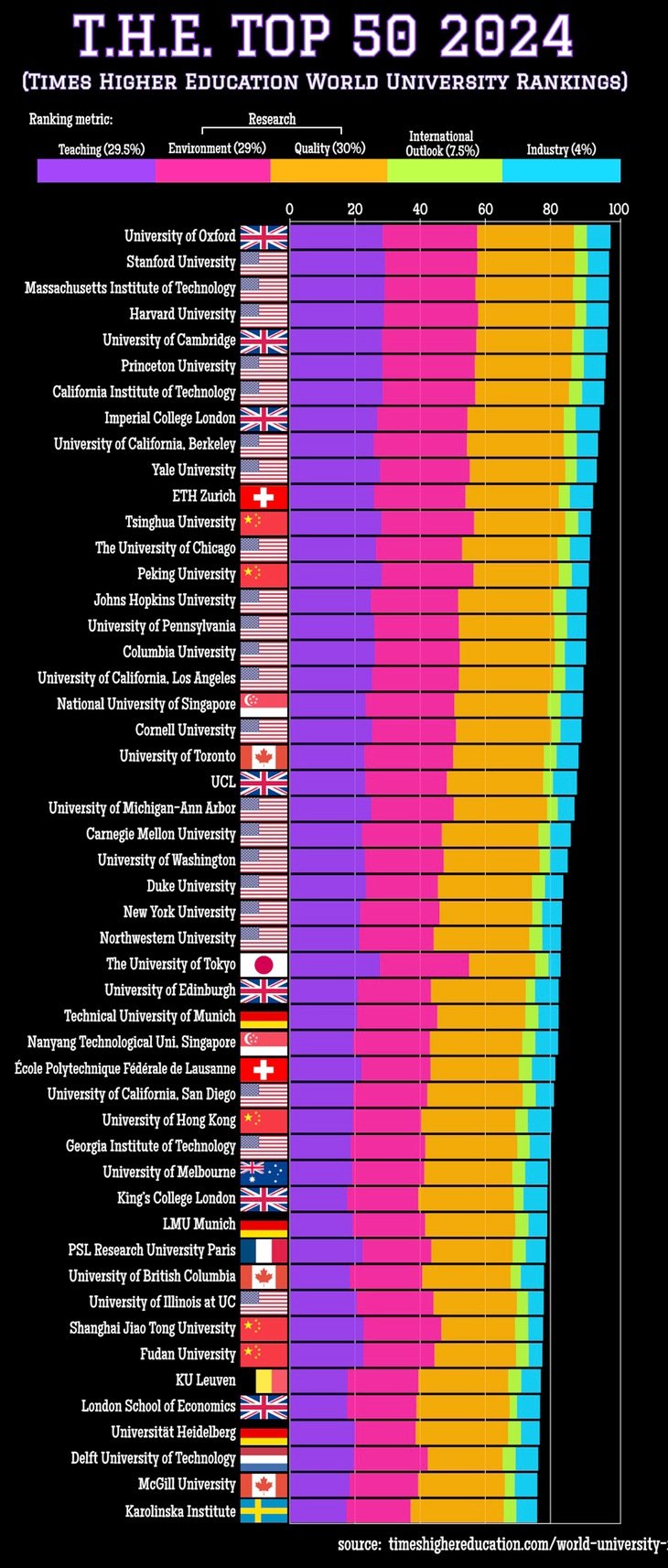
THE rankings in 2024 were announced by the Times Higher Education organization (headquartered in the UK). Oxford University in the UK has always been in the leading position for many years in this ranking - Photo: THE
The retreat from the rankings is not just a passing fad, but is becoming a revolution of global scale and synchronization.
In July 2022, the European Commission, the European University Association (EUA) and Science Europe announced the Research Assessment Reform Agreement (CoARA), which will officially open for signature from September 2022. As of August 25, 2025, 859 institutions have signed CoARA.
The CoARA coalition congress was officially announced on 2-12-2022, with a transparently elected steering committee.
To date there are 773 members from all over the world, including research institutes, funding organizations and research corporations. Henk Kummeling,
The rector of Utrecht University, elected as the new president in December 2024, according to CoARA.
The CoARA alliance in its official statement recommends against using rankings of research institutions to assess research quality.
Each member and signatory has one year after accession to develop an action plan, gradually adopting the new assessment guidelines.
Organizations are given the flexibility to define their own issues and strategies, and are required to report progress and share information with other signatories.
They are expected to put these changes into review from 2027 or at the latest within five years of signing.
Together with the CoARA initiative, the Barcelona Declaration launched in April 2024 offers an opportunity to bring research information back into focus.
Accordingly, metadata of researchers, research institutes, funders, projects and conferences, data of journal articles, academic books, research software must be freely accessible and reused without restriction.
This is the pincer that could undermine the toll-based databases that currently run alongside reputation rankings.
Vietnam's considerations
Faced with the decline of rankings in the Northern Hemisphere and the trend of shifting to poor and developing countries, including Vietnam, I think this is the time for us to carefully consider to avoid following the same path of educational achievements in European and American countries in the past two decades.
The AI era will make open source commitment to free public and educational services inevitable.
Therefore, this is also an opportunity for us to quickly join the revolution of reforming the quality of research and education with developed countries by signing the innovation agreement, or becoming an official member of non-profit organizations that aim to socialize education in an open, transparent and fair way like CoARA.
Instead of spending millions of dollars on registering to use the Scopus and Web of Science databases - which are used by rankings to evaluate school and institute indicators, Vietnam can completely take advantage of free, open and participatory infrastructure like OpenAlex.
At the same time, Vietnamese schools and research organizations can join neighboring Asian countries to form regional science and education reform alliances to orient criteria suitable to the territory and the regional economic, political, cultural and social situation, helping Vietnam easily have a more proactive and better position on the international research and education map.
Understand to choose right
For students studying abroad, this is the time when families and students need to understand more about choosing schools through rankings to make "wise" investments.
There is no single ranking that is the best or most prestigious. Students should consider its relevance to their own academic or career goals.
If you want to study in a free public education system, not influenced by the market, you can choose universities in Germany or Finland.
On the other hand, if you are aiming for a reputation in the economic and political fields, you should refer to the rankings of the UK and the US such as QS, THE or USNWR. If you are looking for academic prestige to expand your opportunities in the US, Australia, Singapore or the UK, you can choose the ARWU academic rankings.
Source: https://tuoitre.vn/nhieu-dai-hoc-lon-roi-bo-bang-xep-hang-toan-cau-20251006091550696.htm










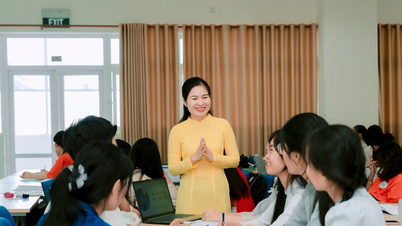

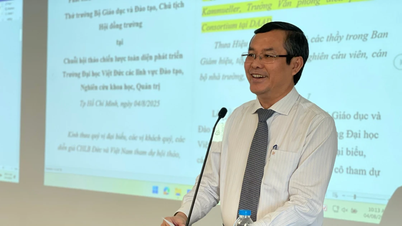
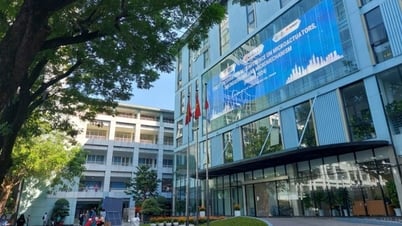

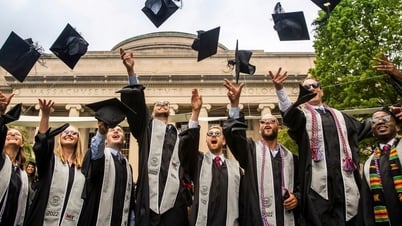

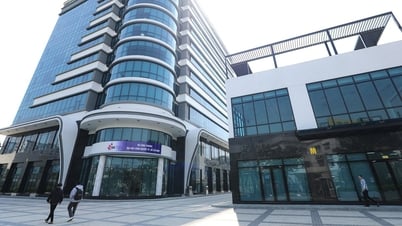
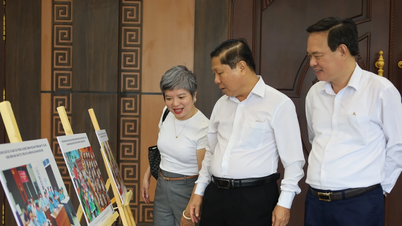
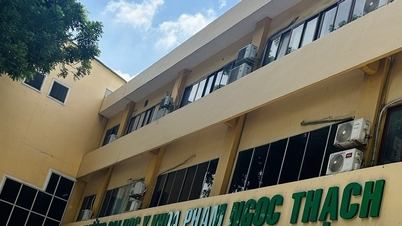

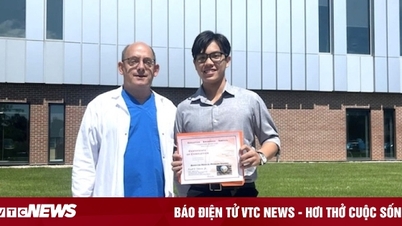

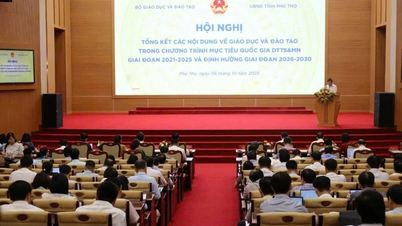

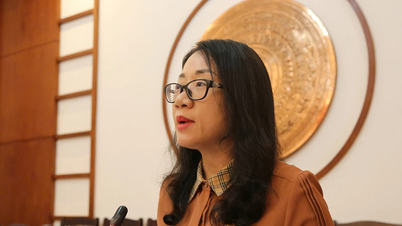
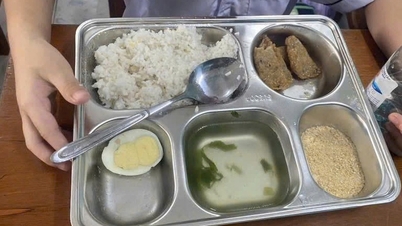






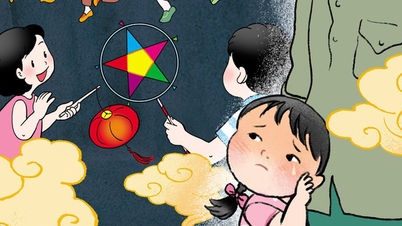

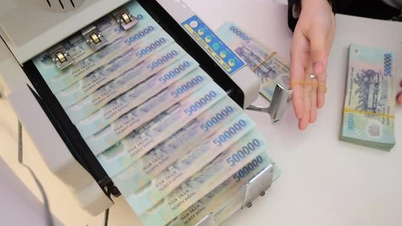










































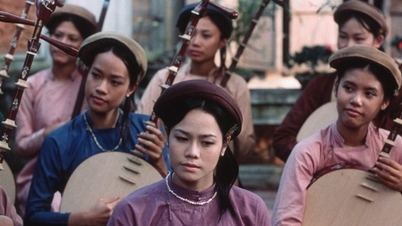




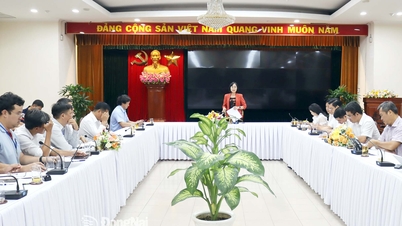

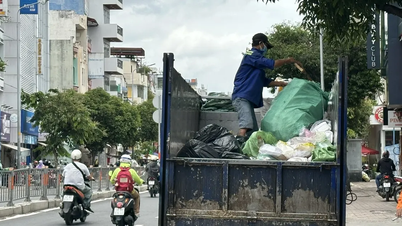

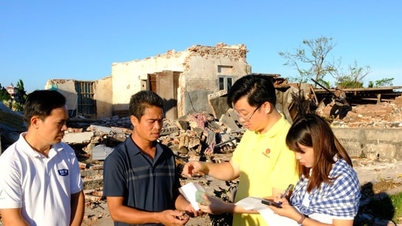













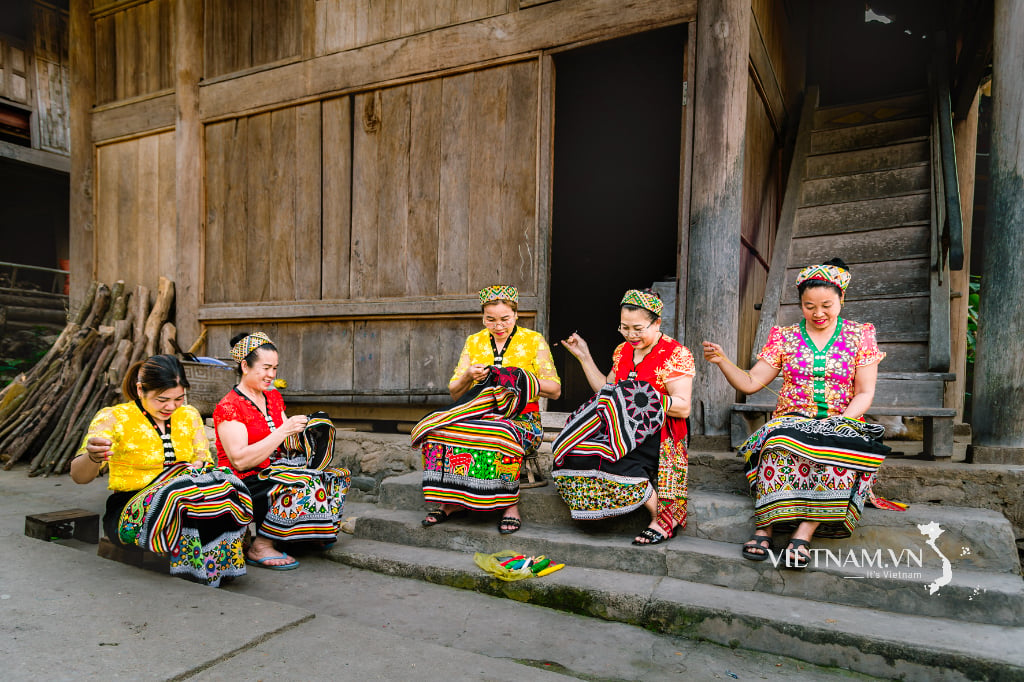


Comment (0)